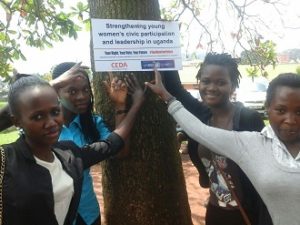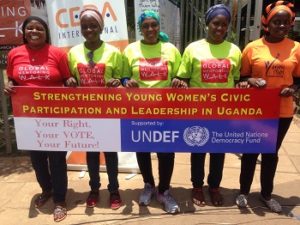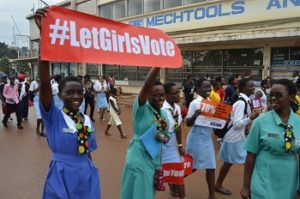LESSON
Lesson Learned: Strengthening Participation of Women in Geographically Deprived Communities in Local Governance in Ghana
The Women’s Group Advocacy Platforms opened channels of communication with local authorities in Ghana and their activities led to changes in public service delivery in areas of child care, education, health and domestic concerns, but also other issues were discussed such as duties on farms and in trading, and non-traditional areas such as contesting for and winning political office. In this respect, the platforms achieved creditable results including a reduction of the structural marginalisation of women.
Project Name
Project Partner
Gender Centre for Empowering Development
Project Description
The project’s objective was to increase participation of women in decision making to develop sustainable, decentralized, bottom-up planning processes in Ghana. The grantee institutionalized Women’s Group Advocacy (WOMGA) Platforms to engage and dialogue with local government authorities in decision making processes on public service delivery. At the heart of the project strategy was the mobilization and empowerment of 150 women, who were trained and deployed to monitor policy implementation at the district level using a Gender Monitoring and Tracking Tool, and to champion the participation of women in local planning and implementation processes. The project’s intervention logic was sound and had clarity and coherence. Institutionalizing the WOMGA Platforms facilitated regular engagement with local government authorities, and hence effectively contributed to the overall development goal of increasing women’s participation in decision-making process on public service delivery. Local officials commended the high level of preparation they had to undertake for the public sessions the project held, during which they faced thorough questioning by the WOMGA members and the community.
Evaluation Date
June 2017
Theme
Country

 ]
]